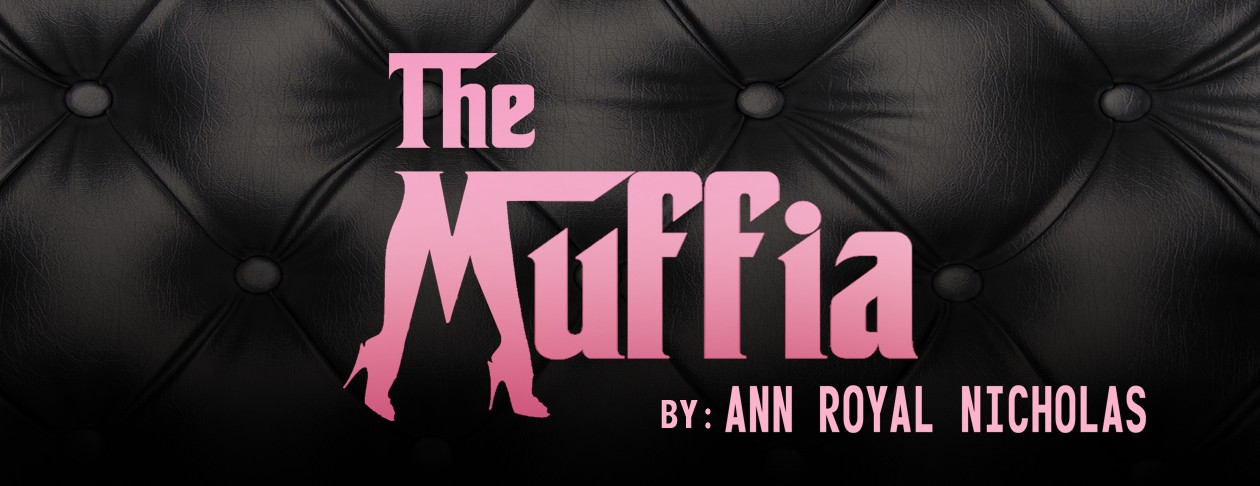 As cars upon cars continued to invade our quiet residential street, the neighbors started convening at the plastic storage bin down the block, well out of view of the occupants of the house next door. Actually, I shouldn’t call it a plastic storage bin, even if that’s what it is. Someone had slapped a laminated picture on the front and started calling it “Lily’s Library.” In reality, it was a place for people to drop their discarded books, while out walking Tank or Buster, rather than troubling to take them to Goodwill.
As cars upon cars continued to invade our quiet residential street, the neighbors started convening at the plastic storage bin down the block, well out of view of the occupants of the house next door. Actually, I shouldn’t call it a plastic storage bin, even if that’s what it is. Someone had slapped a laminated picture on the front and started calling it “Lily’s Library.” In reality, it was a place for people to drop their discarded books, while out walking Tank or Buster, rather than troubling to take them to Goodwill.
I probably shouldn’t be so negative. It’s true one might find something to read in the bin while getting pulled around the block by her canine companion but up ‘til now, all I’ve ever found inside were four month old issues of Westways Magazine and dog-eared copies of Dianetics. I picked up “Don’t Say Yes Until I Finish Talking,” one afternoon, thinking it might be a mediation book along the lines of “Getting to ‘Yes’” or “When ‘No’ is NOT an Option”—you know, something relevant to my alleged line of work. Though, at this stage of the game, work has been so intermittent I’m more aptly called an Unmediator rather than an actual Mediator.
The book, as it happened, turned out to be not a mediation book, but Mel Gussow’s biography of Darryl Zanuck—an early king pin of the movie business and if not exactly a purveyor of porn, as were the residents of the house next door, certainly a keen observer on the finer points of using sexual innuendo to sell movie tickets. For those of us who look for signs in life, I took it as a sign. Of what? This was as yet unclear.
Soon after the comings and goings of the multiplicity of cars, a pattern began to form. The cars that appeared every weekday appeared to be the same cars and they remained parked from 11 a.m. until roughly 7 p.m. We all took this as a sign that whatever was going on at the house next door had reached the next step. There was the black mustang, the beat up Nissan and the brand new Toyota in a peculiar shade of green—the very shade one might select for a duvet on a round bed on a porno set. All tolled, there were upwards of 22 cars on our residential street every day.
Some of the neighbors who had real jobs (and were therefore never able to join us at Lily’s library) liked the cars. They felt their presence gave the street a “happy feeling” where “people wanted to be,” and that burglars would therefore be less likely to come around while they were not at home. Others, namely Buddy, hated the cars. He began patrolling the street in front of the house next door glaring as the occupants got out of their cars and disappeared inside. Often he would make it appear as though he was simply out doing yard work, and so assumed it looked natural for him to be wielding a large stick. And as Buddy had a job that took him away from the street for long periods of time, his patrolling seemed to consist of these intense weeklong vigils where most of us indifferent types thought he was going bonkers.
He tried to get us all on board with the idea that whatever was going on in there, must be stopped! He warned us all that our property values would be negatively affected. “There’s a business going on in there—porno, illegal gaming; doesn’t matter—and that’s against zoning laws!” he said with fervor to several of us who nodded our heads in agreement as we scanned the old People Magazines, noting (some of us) that Lindsay Lohan was arrested for drunk driving—again—and that Elizabeth Taylor had died. But wait, wasn’t that years ago? Then we looked at the cover dates. Anyway, Buddy said we had to do something. He told us he would come up with a plan. Then he snapped his stick in two and put it in somebody else’s recycle bin.

